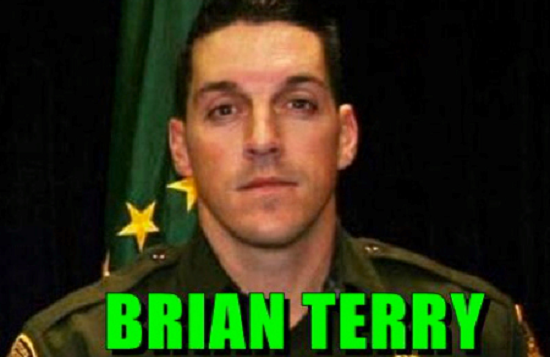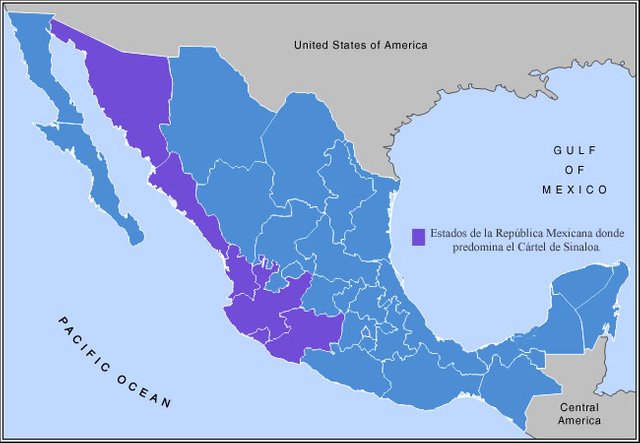How might the utilitarian philosophy applied to a minor infraction of the law not meet its goal? .

Edward Onslow Ford [Public domain], via Wikimedia Commons
The law is an example of the divide between what”should be” and “what is”. The underlying point of a law is to serve the public good. The morality of a criminal value justice value is the third out of four layers of moral viewpoints; personal morality, the morality of society, the morality of the criminal justice system, and the unknown, metaphysical concepts such as destiny or g*d. Under hedonistic utilitarianism assumptions, the concepts of right and wrong are to be based on the following concepts: first, that “the basic and fundamental good...is happiness. (Braswell, McCarthy, & McCarthy, 2010, p.13), and that moral judgments need “to consider all parties affected by the action, and calculate the pain and pleasure of everyone who is influenced. (Braswell et al, 2010, p. 14) So, can utilitarian philosophy demonstrate that a minor infraction of the law does not meet the goal of the law?
One example might be found in the Florida couple fined for feeding the poor. Debbie and Chico Jimenez contend that they are doing a public service; “how can we turn our backs on the hungry? We can’t.” (Briggs, 2014, para. 5) Yet, city officials argue that the Jimenezs are creating a public nuisance, and “had been warned one week earlier to stop their weekly feeding sessions after local residents complained that some homeless people gathering in the park were defecating and urinating on the grounds, and that some were showing up drunk at dawn.”(Briggs, 2014, para. 7) There are positive grounds for both sides under utilitarian premises. However, city officials have provided an avenue for people like the Jimenezs to help the poor; “That's why we ask (Good Samaritans) to coordinate with our social service agencies, because they know who needs to be served."(Briggs, 2014, para. 9).
If the purpose of the law was to protect the poor, then perhaps the minor infraction of the Jimenezs doesn't serve the laws' needs. Under utilitarian premises, and considering the city's position to cooperate with Good Samaritans and the need to reduce a nuisance to citizens, the calculus seems to show otherwise.
Discuss the perspective of ethics in the quote from Edmund Burke, “All that is necessary for evil to triumph is for good men to do nothing.” Describe this quote in relation to a real-life criminal justice situation.

Border Patrolman Brian Terry was murdered by cartels armed by the American government
A prime example of Burke's observation would be the aftermath of the Fast and Furious gun running scandal. The ATF attempted a sting operation in selling guns to violent foreign drug cartels. Whether through malice or incompetence, the guns were not tracked, few arrests made, and the guns were used in the murders of two American law enforcement officers and a number of Mexican citizens totaling in the hundreds. It is unclear as to whether the ATF's actions were due to malice or incompetence, or whether the actions were illegal in the first place, because the documentation regarding the agencies plans were never released to be investigated, resulting in he Attorney general of the United States, Eric Holder, to be held on contempt by Congress. “But congressional investigators said the memos suggested Holder had hedged what he knew “ (Serrano, 2011, para 17).
Information denied to the American public included:
- Hiding the identity of officials who led the charge to call whistle blowers liars and retaliated against them.
- The Justice Department’s assessment of responsibility for officials who knew about reckless conduct or were negligent.
- Whether senior officials and political appointees at fault in Operation Fast and Furious were held to the same standards as lower level career employees whom the Department has primarily blamed.
(Issa, 2012, p.7)
The operation itself was found by the OIG of the DOJ to have systemic issues , chief of which was”lack of sufficient controls and inadequate attention to public safety (Office of the Inspector General, 2012, p.419)
In contrast to the whistle blowers at ATF, Congressmen failed to so their duty to identify the cause of this failed program, to see that the officials responsible for it's direction and implementation were punished, or to hold the Attorney General of the United States accountable for his actions in denying the opportunity for the truth be told to the American people. Ultimately, they failed to hold the President of the United States accountable for his actions in shielding Holder form responsibility. Congressmen had a variety of tools to use against Holder and other administration officials, including impeachment.
Congress did not impeach Holder, they did not shut down funding to the Justice Department until Holder was removed, they did not send the Sergeant at Arms of the House to arrest Holder under the contempt judgement.
These were all within their power and their responsibility, and they failed to do any of them. Finally, Congress had grounds to impeach President Obama for his actions regarding Attorney General Holder, and did not do so. I don't know if one could consider Republican politicians to be “good men” or not, but they certainly failed to do their duty both to the country and to their constituency.
References
A review of ATF’s Operation Fast and Furious and related matters. (2012, November )U.S. Department of Justice Office of the Inspector General.. Retrieved May 16, 2014 from http://www.justice.gov/oig/reports/2012/s1209.pdf
Briggs, B. (2014, May 12). Florida couple fined, threatened with jail for feeding homeless. NBC News. Retrieved May 16, 2014 from http://www.nbcnews.com/news/us-news/florida-couple-fined-threatened-jail-feeding-homeless-n103786.
Issa, D.(2012, May 3). Update on Operation Fast and Furious. House of Representatives Committee on Oversight and Government Reform, Retrieved May 16, 2014 from http://oversight.house.gov/wp-content/uploads/2012/05/Update-on-Fast-and-Furious-with-attachment-FINAL.pdf
Serrano, R. (2011, October 3).Emails show top Justice Department officials knew of ATF gun program. Los Angeles Times. Retrieved May 16, 2014 from http://articles.latimes.com/2011/oct/03/nation/la-na-atf-guns-20111004
Restating the premise, an example of Burke's statement. The intent of my discussion was to demonstrate the failure to act, by "good men", within the area of responsibility for dealing with criminal activity by government officials. The "good men" who should have acted were the Republican Congressmen. The alleged criminal activity was by the ATF and the Justice Department.
The ATF and the Justice Department withheld information from the investigators, and retaliated against whistle blowers, an illegal act itself.
My contention is that by refusing to use the legal powers they had, the Congressmen refused to act in the face of evil (the end result of which was the multiple murders committed by the Sinaola cartel with weapons illegally provided by the government of the United States).

*By Diego Fernández (Own work) [Public domain], via Wikimedia Commons
Finally, the President comes into this by the act of covering up potential crimes committed by members of his Administration. Nixon was not impeached for breaking into the Watergate; he was impeached for covering up the actions of his underlings.
Article 1- Obstruction of Justice, Article 2 - Abuse of Power, and Article 3 - Contempt of Congress
(The History Place, n.d., para. 26, 27, 28)
I fail to see any extremism in pointing out that the guns were given to the cartels in violation of treaty with Mexico, that ATF officials lied about events, that the Justice Department illegally punished whistle-blowers, or that Administration officials covered this all this activity up. The Congressmen failed to do their duty as public officials by not punishing those responsible for those activities.
I will further contend that by the failure to punish illegal activity, the Administration then committed further crimes such as the violation of the War Powers Act in Libya.
The History Place. (n.d.) Presidential impeachment hearings. Retrieved May 18, 2014 from http://www.historyplace.com/unitedstates/impeachments/nixon.htm
I never got the impression from utilitarian philosophy that "the end justifies the means"; the hedonistic calculus requires consideration of the number of people affected by an act, the seriousness of the effect, and comparison of the long term and short term consequences of the act.
Someone attempting to use utilitarian guidelines to justify violating someone's rights to obtain a confession, for example, would have to weigh the long term consequences of having that act become a precedent or devaluing the public's regard for the law in the long term.
The majority of thisd material was first published at my blog here:
http://gradschoolfool.blogspot.com/2015/01/all-that-is-necessary-for-evil-to.html
Hi! I am a content-detection robot. I found similar content that readers might be interested in:
http://gradschoolfool.blogspot.com/2015/01/all-that-is-necessary-for-evil-to.html
Downvoting a post can decrease pending rewards and make it less visible. Common reasons:
Submit
YAY! I'm indexed again!
Downvoting a post can decrease pending rewards and make it less visible. Common reasons:
Submit
lol congrats : )
Downvoting a post can decrease pending rewards and make it less visible. Common reasons:
Submit